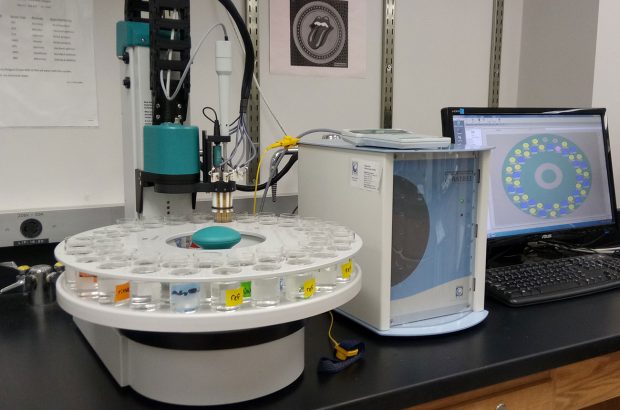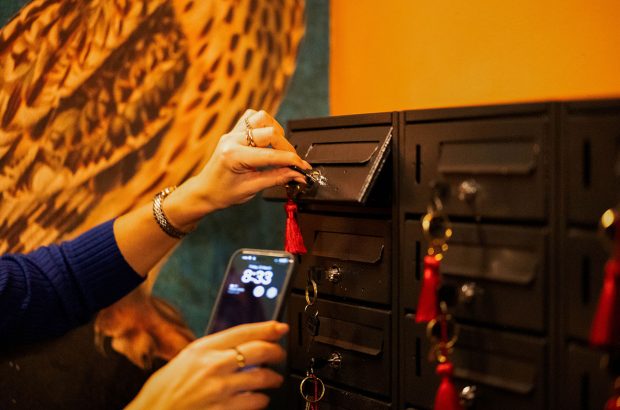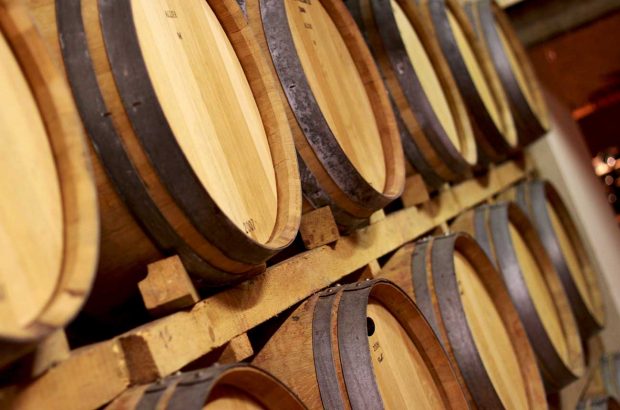On these pages you will find everything you need to know about investing in wine: the top ten investment brands, top ten traded wines, the best Bordeaux vintages to invest in, the best Lafite vintages, other investment wines, which merchants to contact and much more...
How to invest in wine – Advantages and disadvantages of investing
What are the advantages of investing in wine?
The underlying principles of wine investment boil down to the laws of supply and demand. On the supply side, there are relatively few (perhaps only about 75 in total) investment grade labels, whose production levels remain more or less fixed. On the demand side, there are a growing number of high net worth individuals around the world seeking to own and/or drink these wines. Ergo, the only way to ease the pressure is for prices to go up. However, when there is a surplus of sellers over buyers – as occurred at the end of 2008, prices will inevitably fall.
Investment grade wine is also an improving asset. As fine wines mature they become more desirable and therefore more valuable. At the same time, as the wine ages and comes into its drinking window, it begins to be consumed making it even more rare, which in turn adds yet more upward pressure on prices.
Fine wine has seen some astonishing returns, particularly from the end of 2005 to the summer of 2008 when the Liv-ex 100 Index rose from 120 points to a high of 264 points. This came after a period of several years in which prices generally didn’t move very much.
Ultimately, it wasn’t to last forever as the market finally gave way in autumn 2008 to the wider pressures caused by falling equities and the banking crisis stocks as well as the wider effects of the credit crunch impacting on the global economy and investors assets. Most recently, the Liv-ex Index has also put on a healthy spurt increasing by 40% from June 2009 to June 2010.
Wine investors will also be encouraged by the fact that their investments have performed better than most other assets and indices, including the FTSE 100 – particularly in the last six months, during which time it has fallen considerably.
This is no flash in the pan. In the last 20 years fine wine has also outperformed a number of equity and fixed income indices including the FTSE 100. For long term investors (as opposed to shorter term speculators) a well chosen and balanced wine portfolio should provide annualised returns of around 10-12% per annum. However, some investors will have outperformed those figures over the longer term.
In fact, since 2001, when Liv-ex began its 100 Index, wine has significantly outperformed the leading equity indices in western markets with an average annual return of 16%. By comparing other pieces of research it is also possible to look at fine wine returns since 1950. Again the results are extremely positive and remarkably consistent. Since, 1950, the average gross return is 15% and is 17% if you start in 1960.
Wine remains less volatile than stocks and shares, making it a less risky investment. However, with the increasing number of wine funds and more and more private investors coming into the market, it appears that the wine market is becoming more closely correlated with the stock market than was the case two years ago. In the past, the fact that it was not highly correlated with equities, made it extremely attractive to investors looking to diversify a portfolio.
Generally, wine is also regarded as a wasting asset so doesn’t attract Capital Gains Tax. (However, as this area of tax law is complex it is best to take advice from a tax lawyer or tax accountant.) Moreover, if you keep the wine in bond, you also avoid paying VAT and Duty.
What are the potential disadvantages of investing in wine?
When the wine investment market isn’t moving uniformly upwards as it did from 2006 to 2008 and from 2010, it becomes much more of stock picker’s market, which generally requires a great deal of expertise, understanding and knowledge. In other words it’s very easy to make some expensive mistakes unless you know what you are doing. For instance, at the end of 2008, virtually every Bordeaux chateau and vintage dropped significantly in value. Some 2005s dropped by more than 25% in value in the course of two months. Even by July 2010 very few 2005s have made up this lost ground.
Clearly, therefore wine prices can go down as well as up. Even as the market is generally moving up, particular wines will certainly move down. Equally, the converse is true. Therefore, when wine prices are generally moving down, cash rich investors will be eyeing the market with a view to picking up some great deals. Once the market has bottomed out, that is the optimum time go back in and buy. Timing is all.
There are no dividend payments that accrue from wine investment. Moreover, there are the costs of storage and selling which have to be factored in. Both eat into profitability.
Typically, a broker will work on a 10% margin when you come to sell your wine. If you are selling at auction, there are also consignor fees to consider. These generally begin at a maximum of 10% depending on the quantity and quality of wine on offer. So, the higher the value of the wine, the lower the fee will be.
The storage costs of keeping your wine under bond with a professional storage company or merchant also vary but usually cost around £7-10/case per annum. If you have smaller parcels of wine to sell or even mixed cases, you might want to consider selling on www.bidforwine.com which has very attractive commission rates for buyers and sellers.
Some wines may not turn out to as good as initially predicted . Once in bottle, wines are frequently re-rated. A negative re-assessment by Parker whereby a wine drops from 98 points to 94 may well result in a fall in value. Others though may experience the opposite effect in being up-rated. This invariably has a windfall effect of increasing the value quickly and, at times, dramatically.
Your merchant may go bankrupt, in which case you may end up losing your entire investment. A number of fine wine merchants, investment funds and wine investment companies have recently failed because of incompetence or fraud, taking investors cash with them. In 2006, Mayfair Cellars and Uvine went under owing millions of pounds to customers. In 2007, the Cellaret also went the same way.
You should also bear in mind that the wine investment market is largely unregulated, so there is very little protection if things do go wrong. Moreover, anyone can set up a drinks investment business in the UK without having to satisfy the financial authorities that they are running a legitimate business and that they are competent to give drinks investment advice.
Therefore only deal with reputable, long established merchants or companies offering wine investment advice or services. For extra security, you should also consider storing your wine within your own account at an independent bonded warehouse.
Beware of a growing incidence of fake wines circulating in the global market. For obvious reasons, collectors should take the utmost care when buying trophy wines for investment. Most recently collectors like Bill Koch in the US have prosecuted cases through the New York courts over allegedly fake wines. Similarly in 2008, 106 bottles of counterfeit wines were pulled from an Acker Merrall & Condit Sale in new York. Provenance is all and wines with perfect provenance can command a significant premium.
Over the last fifteen years, there have also been no shortage of ‘mis-selling’ scandals in which a number of dodgy wine investment companies have fleeced naïve investors of millions of pounds. Some of these investment companies have been closed down by the DTI, but others are still operating. This is another reason why you should only buy investment grade wine from reputable merchants or proven investment specialists.





